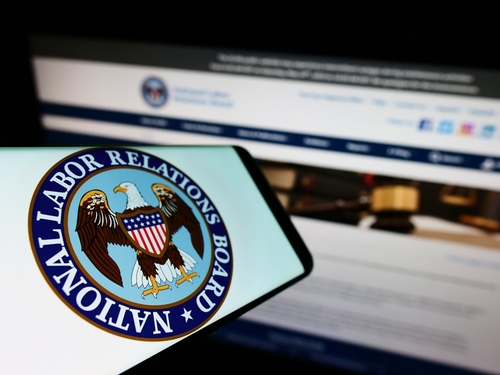
On Friday, a judge overturned the National Labor Relations Board’s recent rule on determining joint employer status.
U.S District Judge J. Campbell Barker of the Eastern District of Texas vacated the NLRB’s recent rule for joint-employer status and the Board’s recession of the 2020 joint-employer rule. The U.S. Chamber of Commerce, along with a coalition of groups including the American Board of Contractors (ABC), had filed the lawsuit saying the NLRB’s rule violated the National Labor Relations Act and had acted arbitrarily and capriciously. The rule had rescinded a previous rule that provided clear criteria for determining status that companies could more easily apply.
“This ruling is a major win for employers and workers who don’t want their business decisions micromanaged by the NLRB. It will prevent businesses from facing new liabilities related to workplaces they don’t control, and workers they don’t actually employ,” U.S. Chamber of Commerce President and CEO Suzanne P. said in a statement. “The U.S. Chamber will continue to fight back against the NLRB and its campaign to promote unionization at all costs.”
Judge Barker had previously stayed the joint-employer rule until March 11, 2024.
“We are pleased the court has blocked the NLRB’s radical and overbroad joint employer standard, which would have disrupted long-established, efficient operational processes that are followed by construction service providers who work together to build America,” Ben Brubeck, ABC vice president of regulatory, labor and state affairs, said. “Under the 2023 final rule, contractors would be vulnerable to increased liability and risk, making them less likely to hire subcontractors, most of which are small businesses. The rule clearly would have had a harmful effect on a significant segment of the construction industry: small businesses.”
The NLRB called the ruling a “set-back.”
“The District Court’s decision to vacate the Board’s rule is a disappointing setback, but is not the last word on our efforts to return our joint-employer standard to the common law principles that have been endorsed by other courts,” NLRB Chairman Lauren McFerran said in a statement. “The Agency is reviewing the decision and actively considering next steps in this case.”